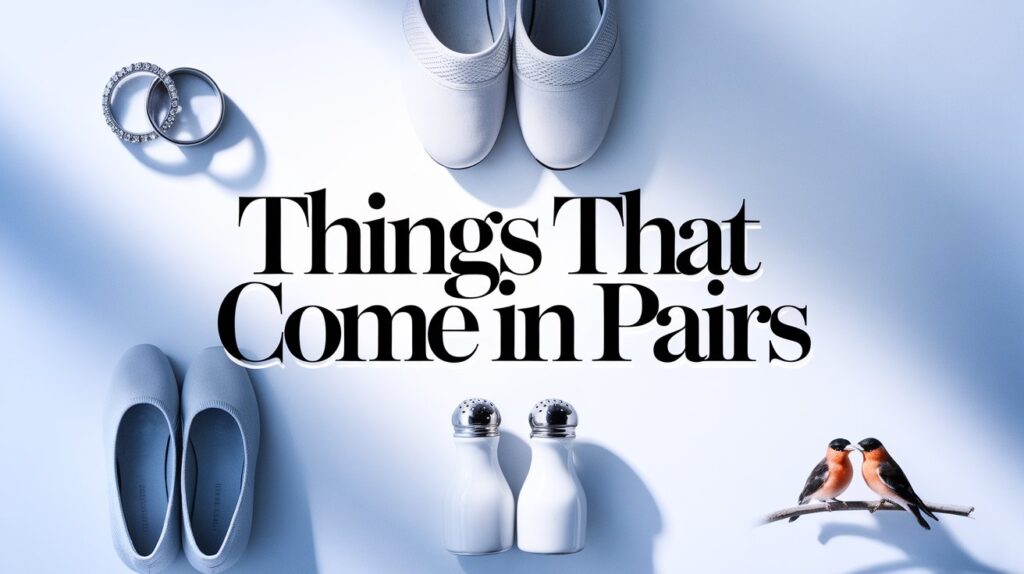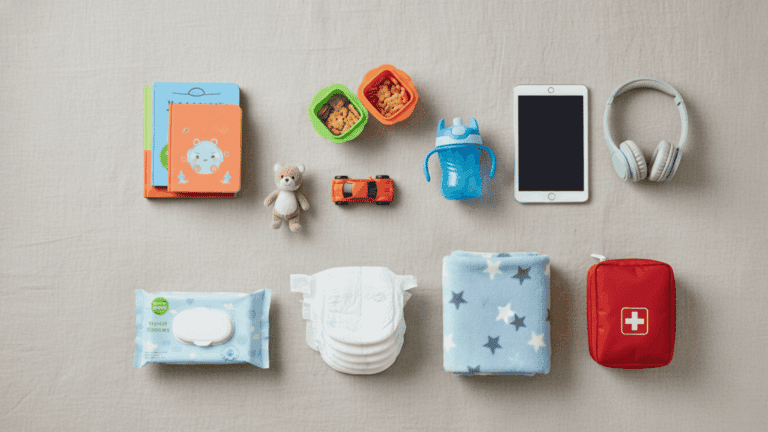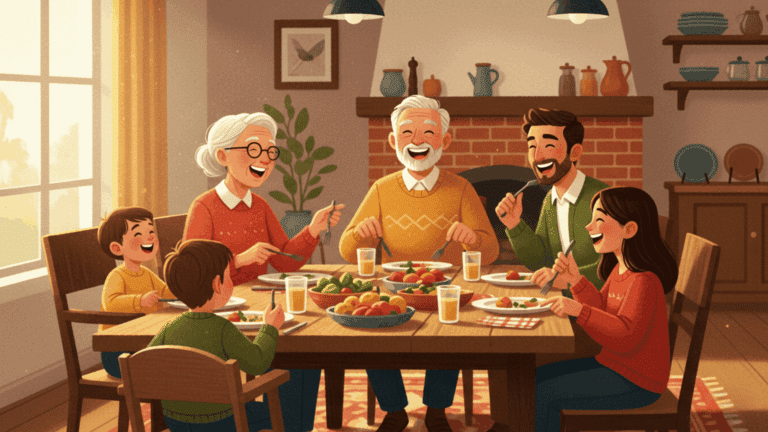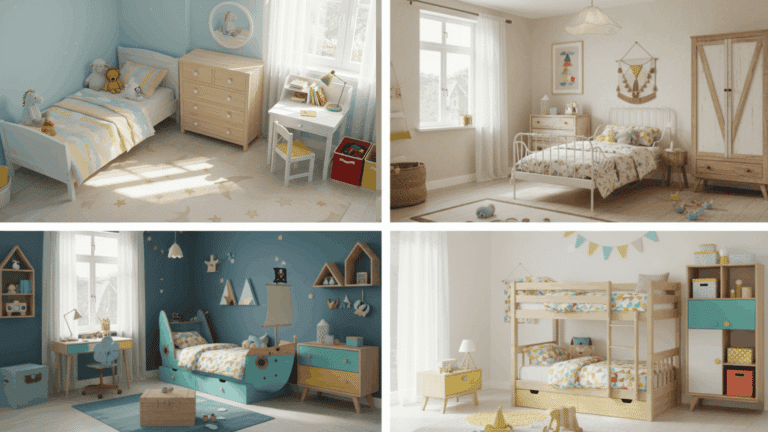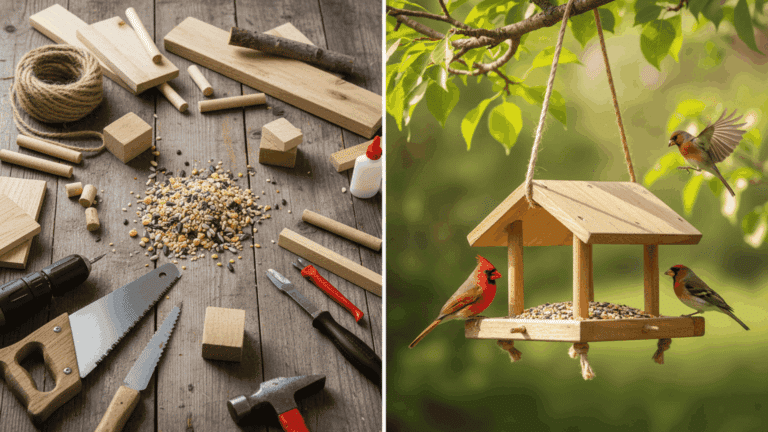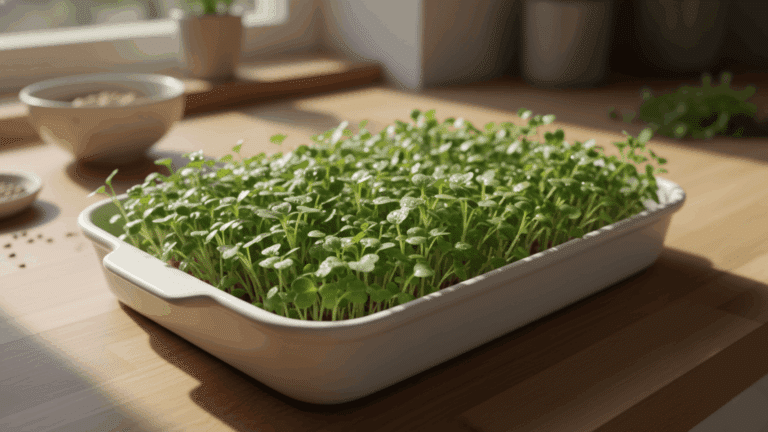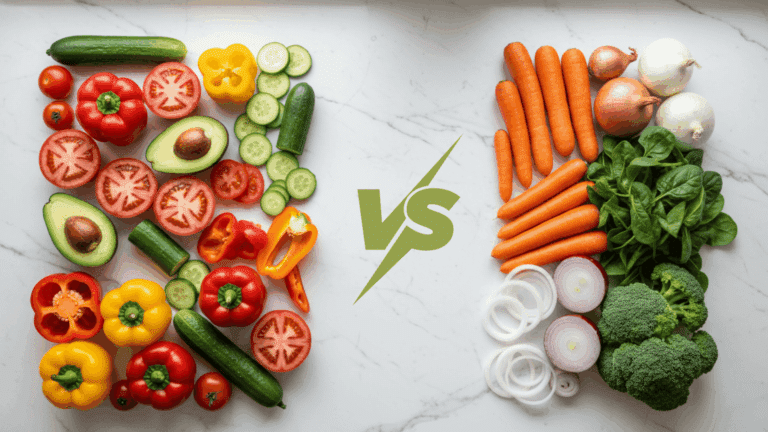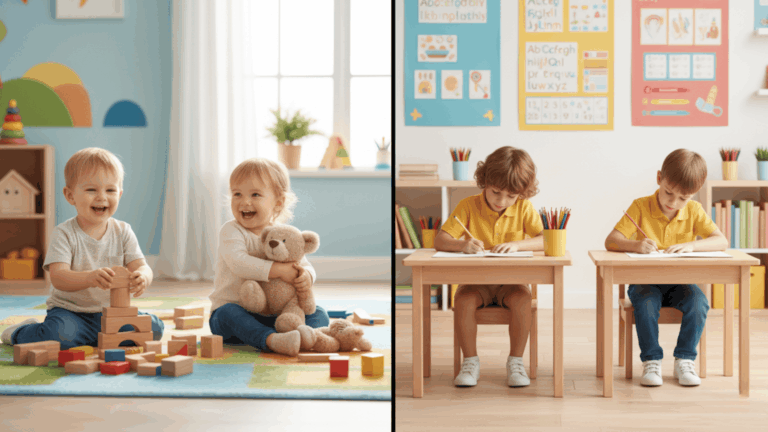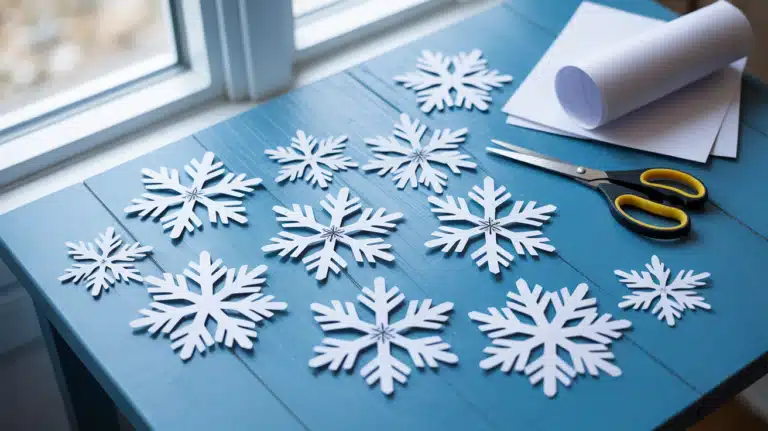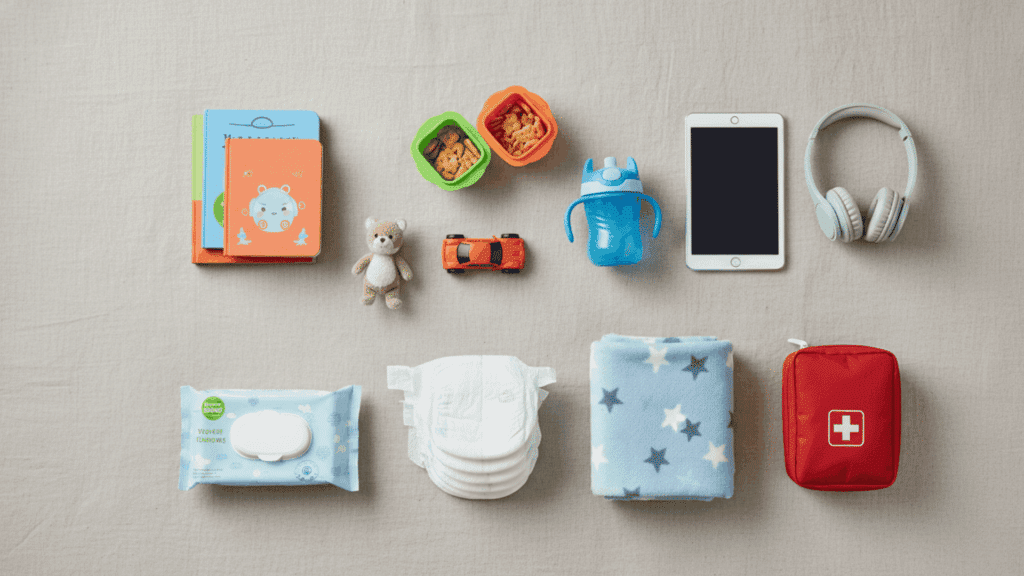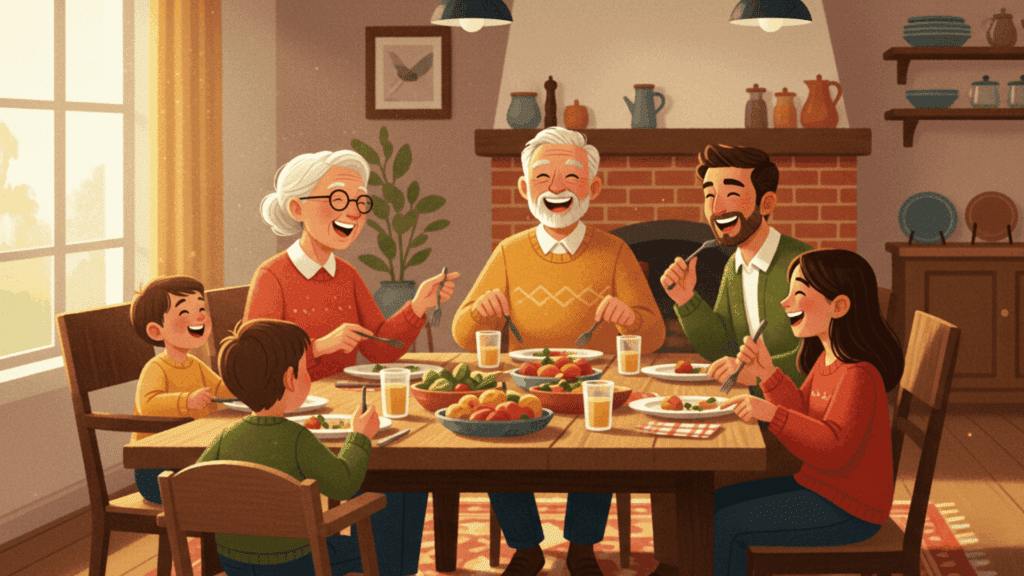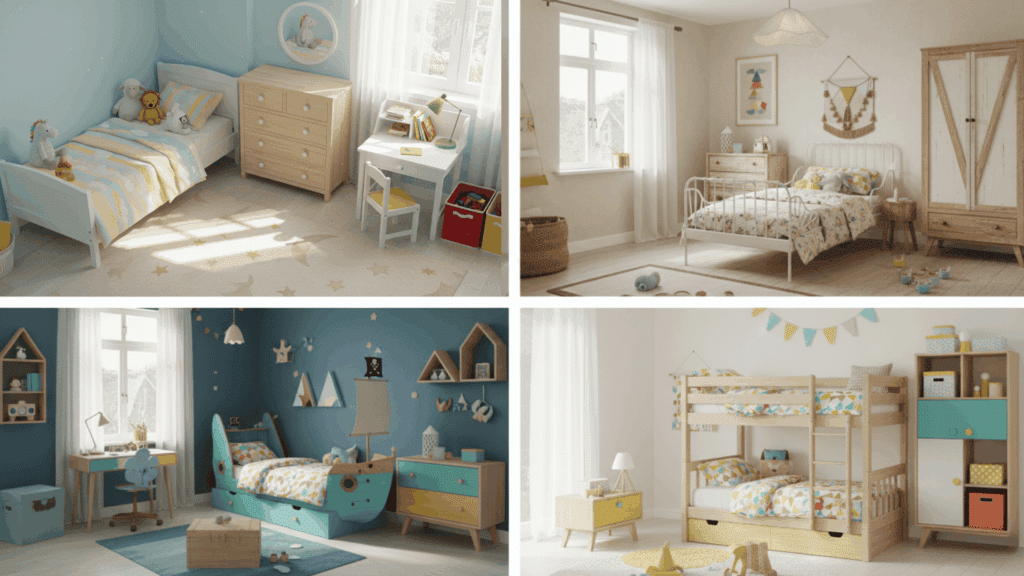Have you ever noticed how many things in life come in pairs?
From everyday items to parts of our own bodies, pairs are everywhere – and there’s a reason for that.
In this post, we’ll explore fascinating examples of things that naturally come as twos, from elements in nature to household objects and cultural symbols.
You’ll learn why certain things work better in pairs and uncover some surprising duos you may not have thought about before.
After reading, you’ll have a new appreciation for pairs and may even start spotting new ones in your daily life!
Everyday Items
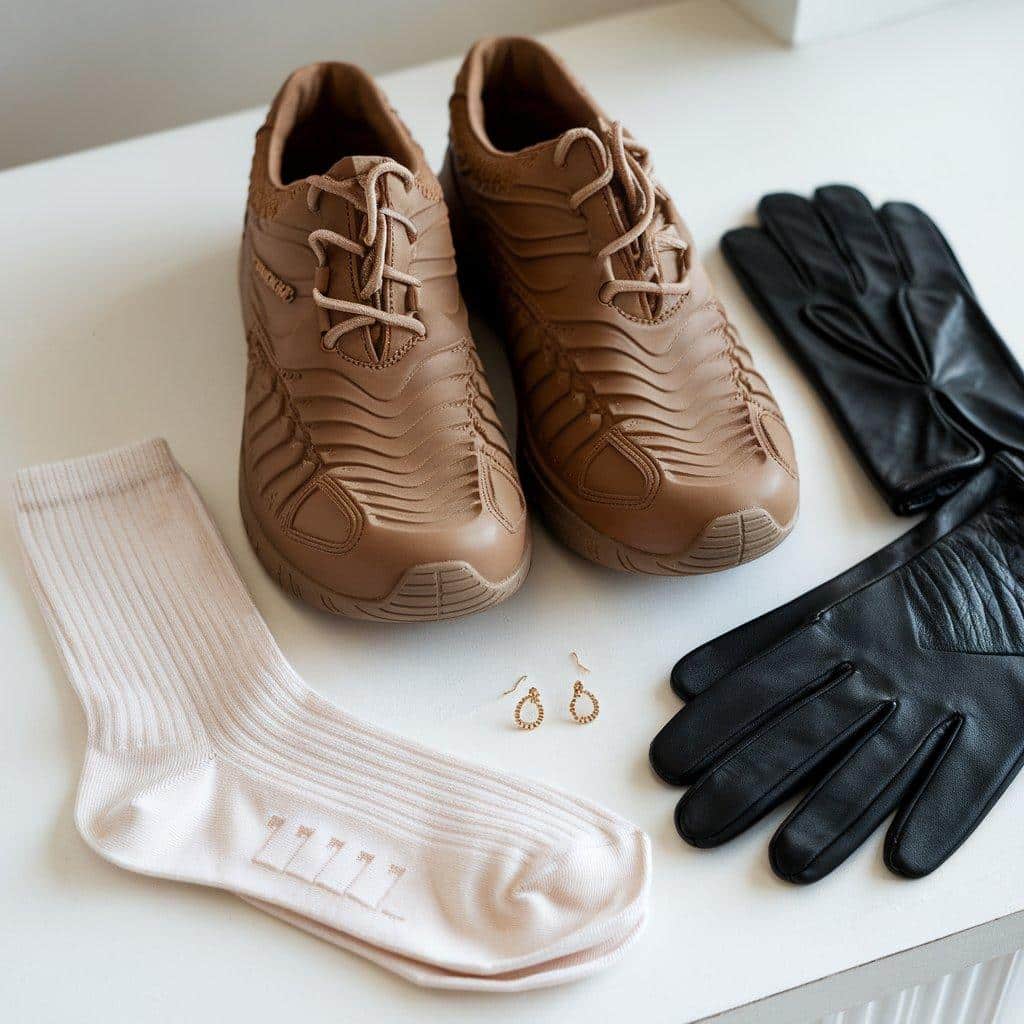
- Shoes
- Socks
- Gloves
- Earrings
- Slippers
- Mittens
- Sandals
- Chopsticks
- Sunglasses lenses
- Tweezers tips
- Contact lenses
- Pillows on a bed set
- Curtains or drapes
- Bookends
- Keys and locks (symbolic pairs)
- Door hinges
Body Parts
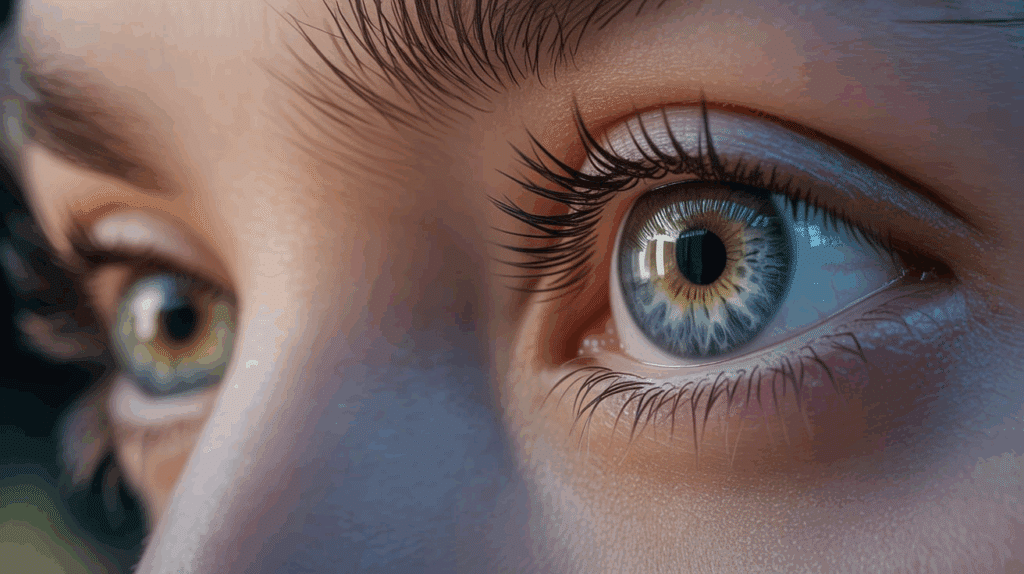
- Eyes
- Ears
- Hands
- Feet
- Arms
- Legs
- Lungs
- Kidneys
- Nostrils
- Lips (upper and lower)
- Cheeks
- Eyebrows
- Ankles
- Knees
- Elbows
Clothing/Accessories
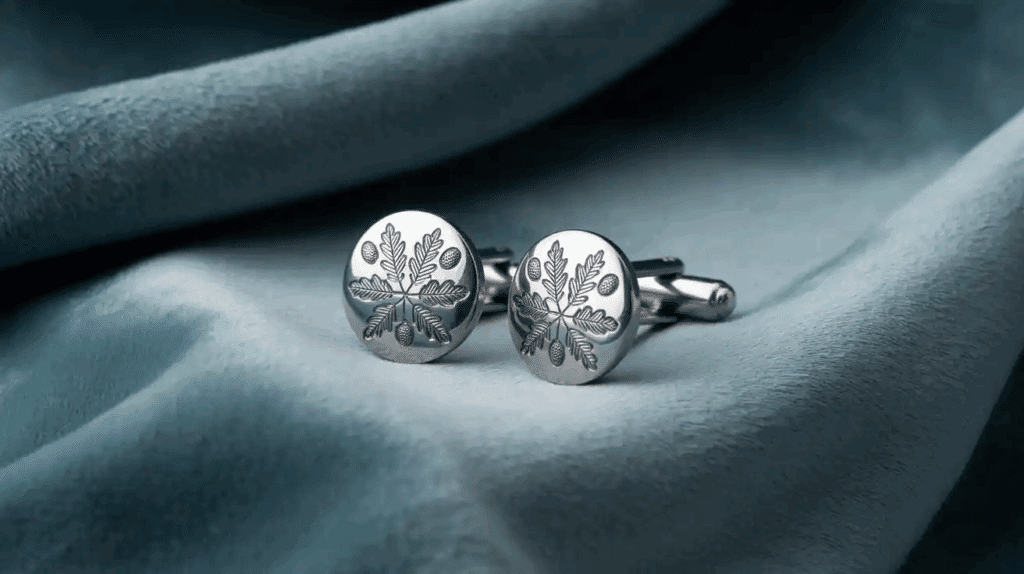
- Cufflinks
- Pant legs
- Bra cups
- Bikini tops
- Suspenders straps
- Buttons on a jacket sleeve
- Pockets on pants
- Shoelaces
- Hem cuffs on shirts or dresses
- Sock garters
- Rain boot pairs
Food Items
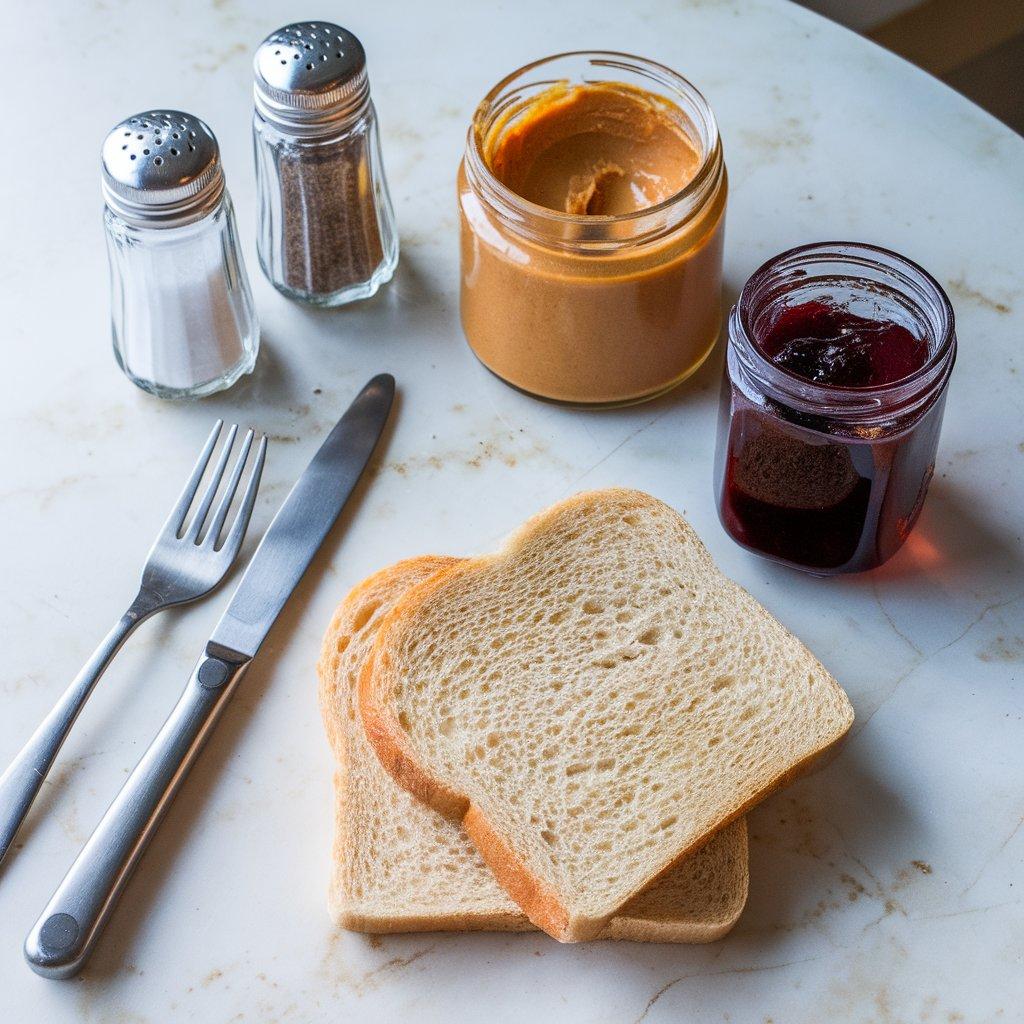
- Salt and pepper shakers
- Knife and fork
- Peanut butter and jelly
- Bread slices for a sandwich
- Burger buns
- Sugar and creamer pots
- Egg yolk and egg white
- Crackers in a serving pack
- Corn on the cob halves
- Chopsticks wrappers (when tied together)
- Burger patties in double burgers
- Apple halves when sliced
Nature
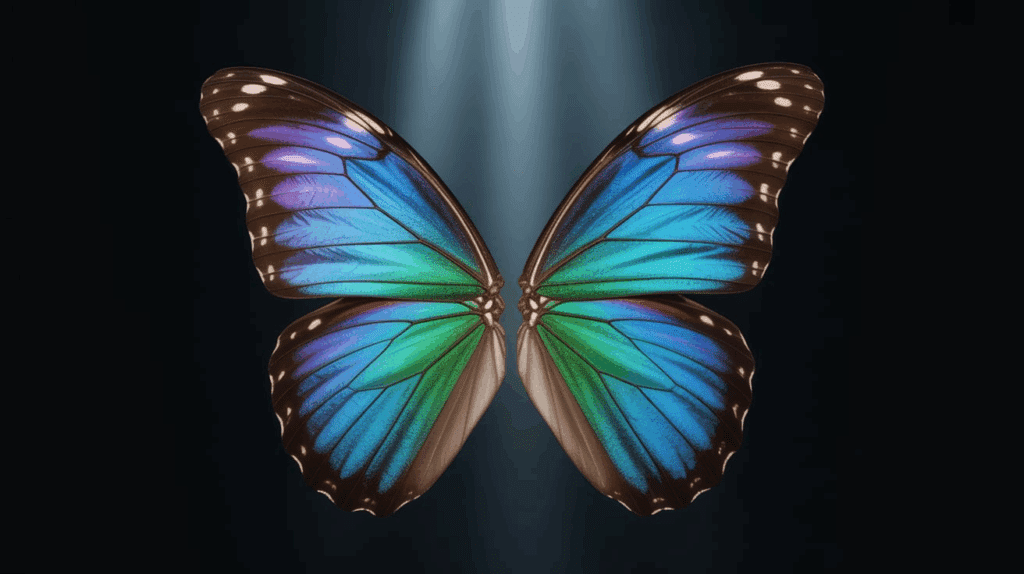
- Butterfly wings
- Bird wings
- Animal ears
- Crab claws
- Leaves on certain symmetrical plants
- Sun and moon (symbolically paired)
- Clamshell halves
- Lobster antennae
- Peapod halves
- Flowers with two symmetrical petals
- Clouds (symbolic pairs, e.g., sun and clouds)
Technology/Objects
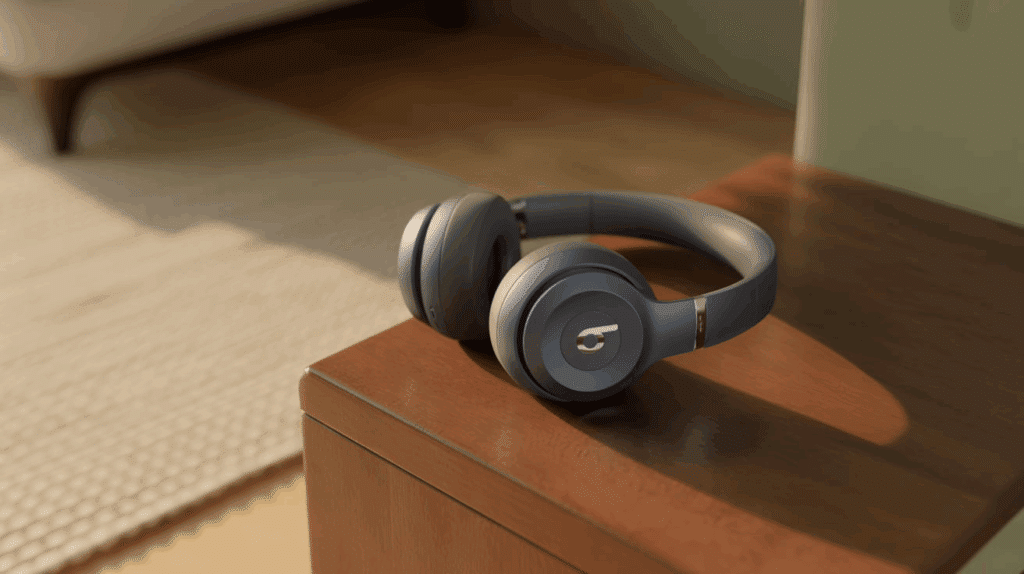
- Headphones (earbuds)
- Binocular lenses
- Scissors blades
- Battery terminals (positive and negative)
- Wheels on a bicycle
- Windshield wipers
- Dice in a pair
- Socks in a washing machine load (ideally!)
- Speaker outputs (left and right)
- Flashlight battery contacts
- Dual-camera lenses on smartphones
- Car mirrors (side mirrors)
- Doors on double-door setups
Sports/Activities
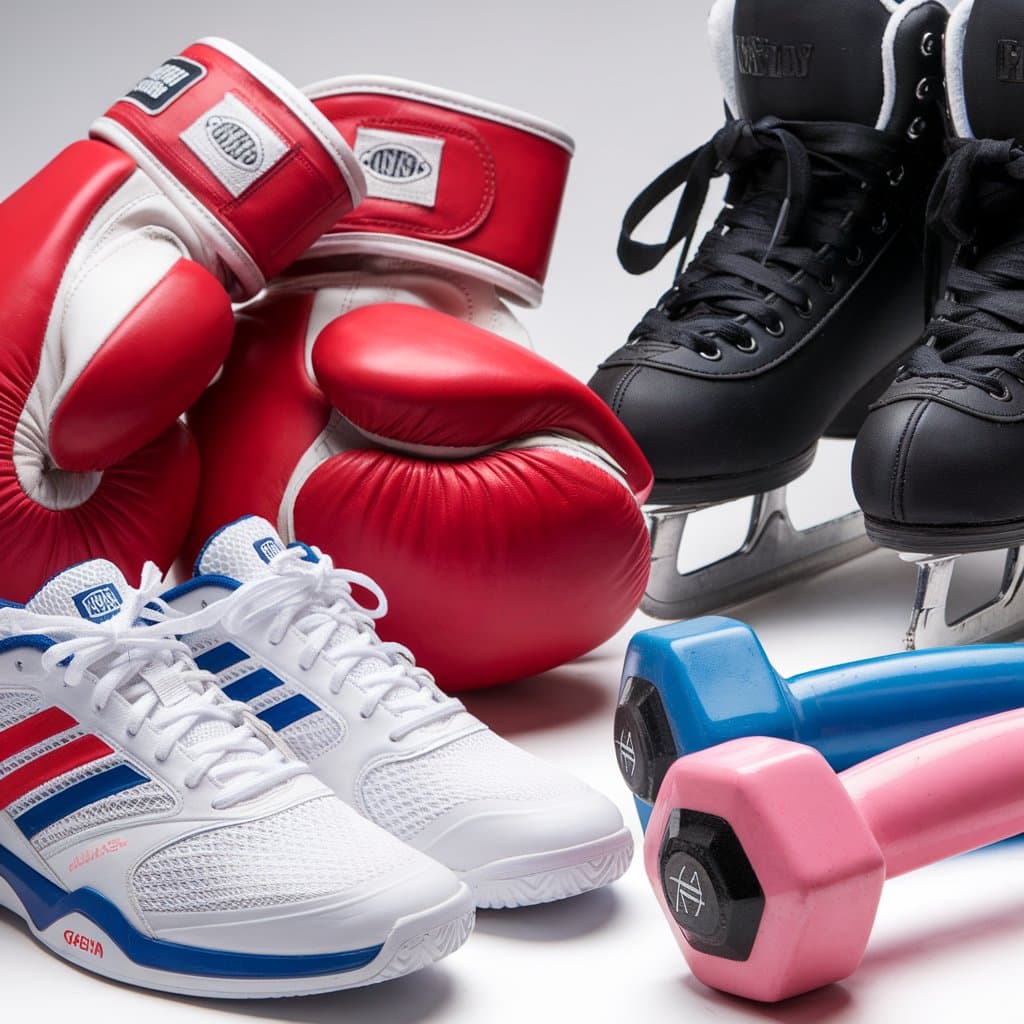
- Tennis shoes
- Boxing gloves
- Ice skates
- Ski poles
- Dumbbells (used in pairs)
- Bowling pins arranged in symmetrical pairs
Concepts/Abstracts

- Night and day
- Love and hate
- Yin and yang
- Good and evil
- Cause and effect
- Action and reaction
Animal Kingdom
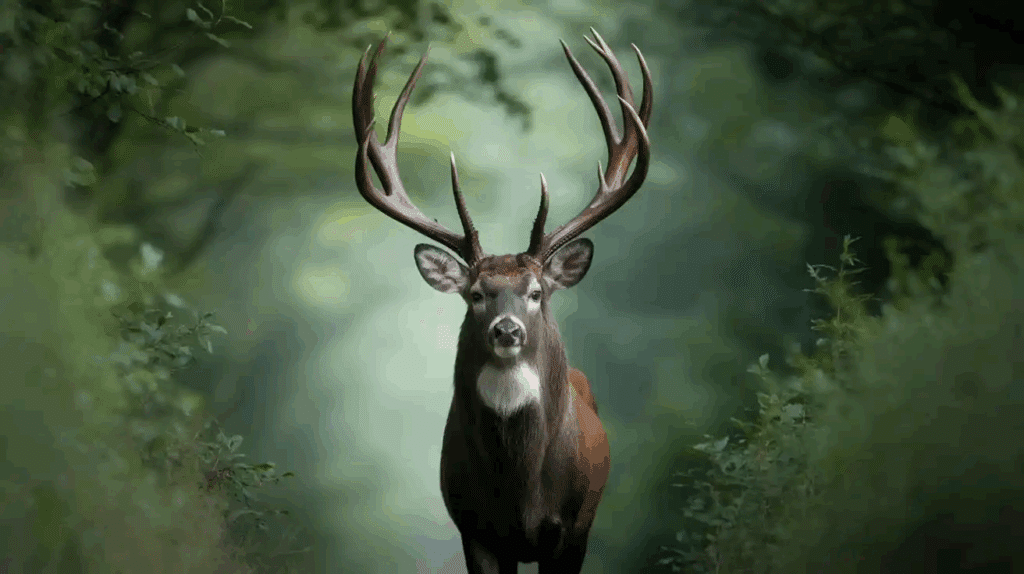
- Antlers on a deer
- Wings on a bird
- Cat whiskers (on both sides of the face)
- Turtle flippers
- Lobster pincers
Miscellaneous
- Playing card suits (red and black)
- Wedding rings for a couple
- Drumsticks for percussion
- Glass panes in some double-glazed windows
- Handles on a shopping bag
Why Do Pairs Matter?
Look at your hands. They work together perfectly, don’t they? That’s the magic of pairs – they just make sense to our brains.
When I see things in pairs, my brain feels at ease. Scientists found that humans enjoy looking at balanced things because it feels right and natural.
Think about your eyes – they work as a team to help you see the whole picture. One eye alone would make life much harder!
Have you noticed how much easier it is to do things with two hands instead of one? That’s because pairs help us work better. From clapping to tying shoelaces, many tasks need both sides working together.
Pairs in our world
I see pairs everywhere in life, and you probably do too:
- Your feet carry you together
- Your ears catch sounds from both sides
- Salt and pepper make food taste better as a team
Pairs often mean something special to us. When you see two wedding rings, you think of two people who care about each other. When birds fly together in pairs, it shows us how nature values partnership, too.
What makes pairs so special is that they don’t need to be exactly alike to work well together. Like your left and right foot – they’re mirror images, but they team up perfectly to help you walk.
Wrapping It Up
We’ve probed how pairs enhance our world, from body parts like eyes and ears to everyday items such as shoes and socks.
But there’s always more to discover! I’m sure you can think of other pairs that weren’t included—maybe from your culture or daily experiences.
I’d love to hear your thoughts! What’s your favorite pair from the list? Did we miss any noteworthy ones? Leave a comment below and share your ideas.
If you enjoyed this, pass it along to someone else who might appreciate learning about the pairs in their life too. Remember, everyday things often hold the best discoveries!


